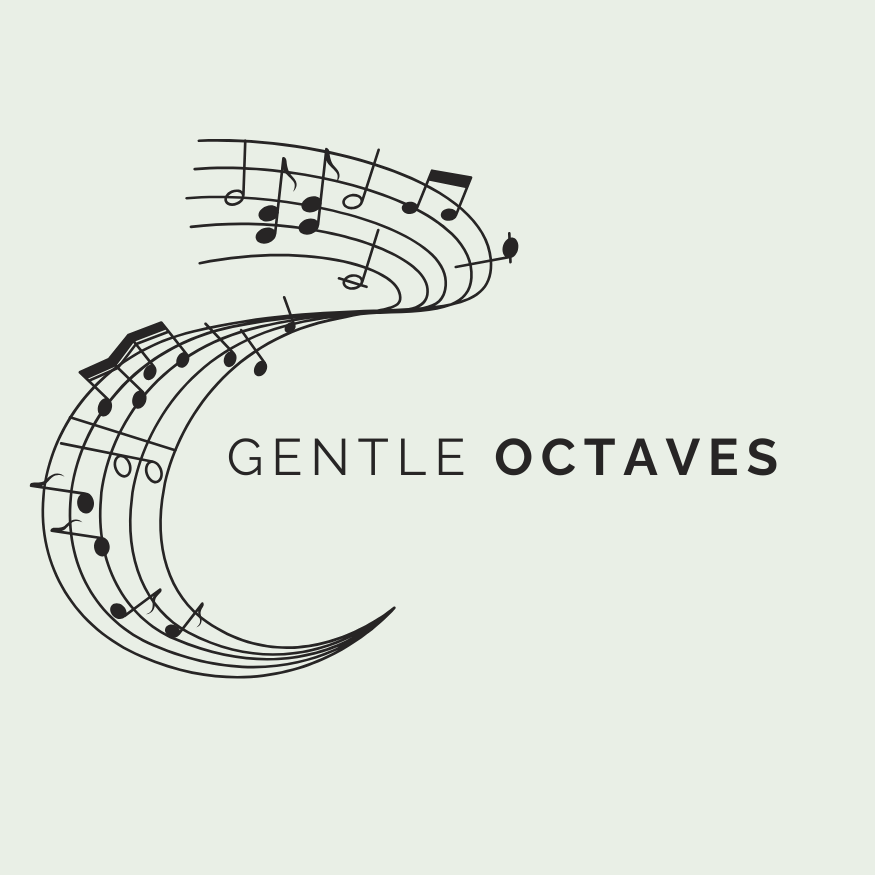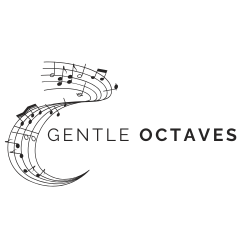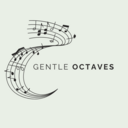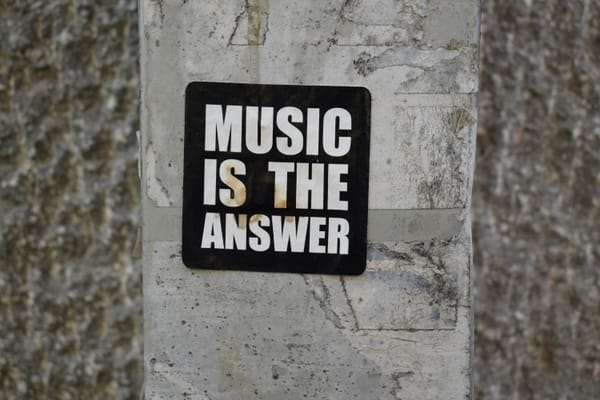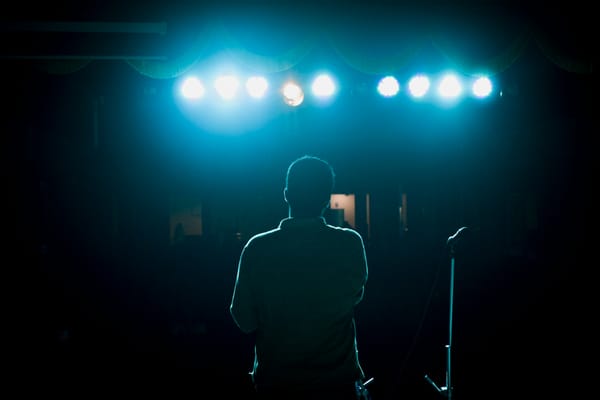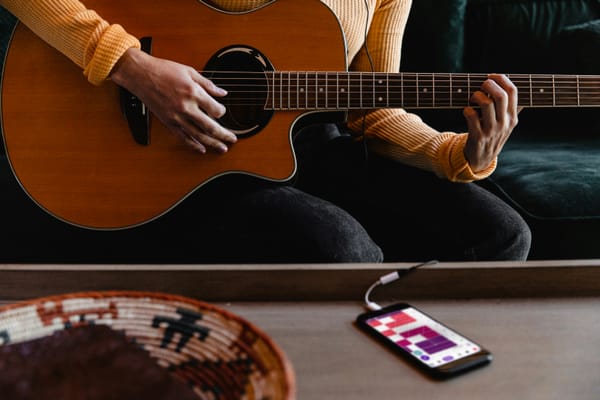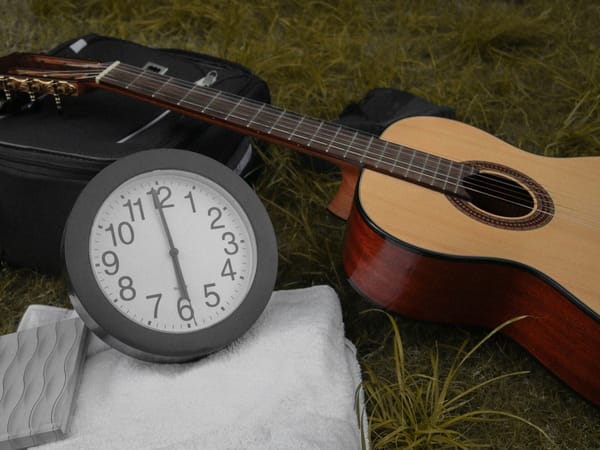Too Old to Learn Music?
Too Old to Learn Music? The real myth isn’t your age. It’s the lie that art is only worth making if you’re good at it. Spoiler: It’s not.
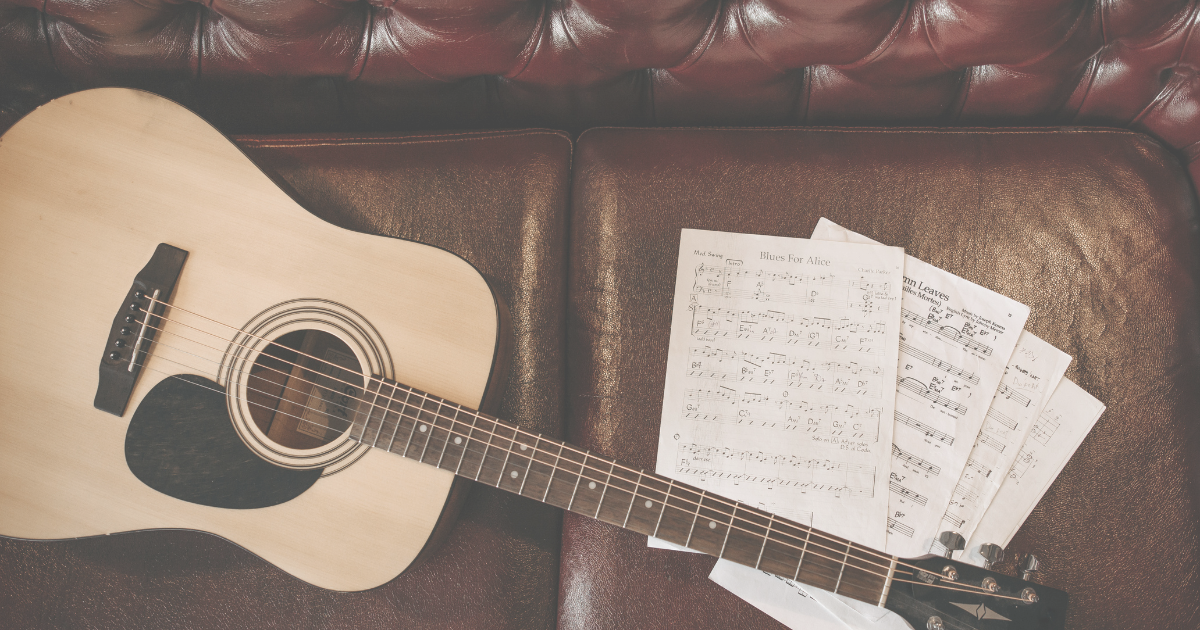
What if your self-doubt isn’t a sign you’re unfit but proof you still care deeply about creating something meaningful?
You didn’t miss your window you were just living and surviving life.
Now the dust has settled a bit, and that old hunger to create is knocking again.
But when you try to answer?
Fear barges in first.
That voice in your head says things like:
“What’s the point?”
“I’ll never catch up.”
“Kids learn faster it’s too late for me.”
And you start to wonder if wanting to learn music in your 40s, 50s, or beyond is naive.
Spoiler: It’s not.
The real myth isn’t your age.
It’s the lie that art is only worth making if you’re good at it.
You’re not broken, you’re brave
You’re not failing because you feel self-doubt. You’re feeling self-doubt because you’re finally stepping into something that matters.
And that’s scary.
Especially when you’ve built a whole adult life arounds kids, caregiving, or careers and now you’re being asked to be bad at something and maybe even be bad at it in public?
To make squeaky notes and clumsy rhythms in front of your teacher (or worse, your teenager)?
It’s vulnerable.
And we don’t talk enough about how courageous that is.
A kid learning music has nothing to prove. Its seen as cool if they pick up an instrument or the guitar.
But an adult?
An adult has a lifetime of stories, criticism, shame, and comparison stacked against them.
You’re not just learning fingerings: you’re unlearning perfectionism.
And that might be one of the most comforting and healing thing you could do.
Comparison is a thief wearing a graduation cap
Let’s say it plainly: comparing yourself to a conservatory-trained 17-year-old is emotional sabotage in a cap and gown.
They’re on a completely different path.
They’re learning for competition, grades, conservatories.
You? You’re learning for:
- Joy
- Healing
- Self-expression
That’s an entirely different curriculum.
Your artistry isn’t late.
It’s ready and “ready” doesn’t always look like clean technique or fast progress.
Sometimes, “ready” is:
- Feeling overwhelmed through your first lesson because you’re finally feeling something again
- Showing up tired and still plunking out the C major scale, because your inner critic didn’t win today
Neuroplasticity doesn’t care about your birth year
Here’s the good news:
Your brain still learns.
Yes, adult learners may progress more slowly in some areas. But we retain better, process nuance more deeply, and bring emotional depth to our work.
Music learning lights up your brain: motor, auditory, emotional, and linguistic centers all fire together
Research confirms that learning an instrument after 40 improves:
- Brain plasticity
- Emotional regulation
- Memory
- Executive functioning
Every shaky note is a brain cell doing push-ups.
You’re not just learning music you’re strengthening the way you meet life.
What if your goal wasn’t mastery but meaning?
This is your reframe.
What if you stopped asking, “Am I good enough?”
And started asking, “Does this matter to me?”
What if music wasn’t a test of your skill but a way back to your self?
You’re allowed to:
- Learn slow
- Sound “bad”
- Keep going even when no one claps
Because here’s the truth:
It’s not too late because you’re still learning and you’re still learning because it’s not too late.
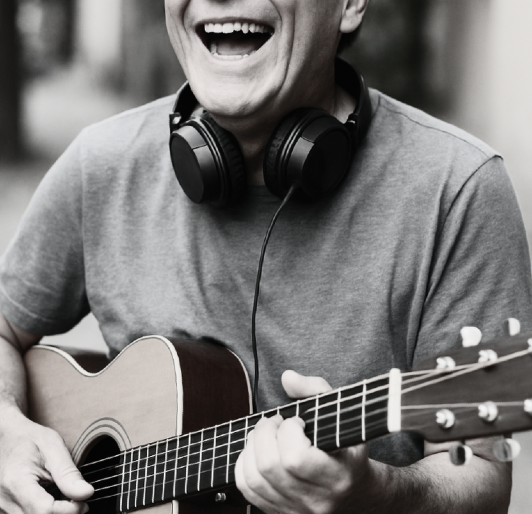
So where do you start?
Start small.
Try this:
- 10 minutes a day with an instrument you actually like
- A teacher who respects your pace and your story
- A goal that isn’t about performance but process
Try this, too:
Once a month, record yourself playing.
Not to critique just to witness.
You’ll hear more growth than you expect.
Let’s talk about it.
Have you ever told yourself it was “too late” to try something creative?
What helped you shift that story or what still gets in your way?
Drop your story below.
Your courage might be the mirror someone else needs.
Ready to Take the Next Step?
If today’s post resonated with you, I’ve got something to help you keep going:
Download a Free Hand + Forearm Stretch Guide
You're not alone. Let's make music feel good again.
Gentle Octaves is a music coaching space for adults over 40 returning to creativity or just starting out. With a background in Psychology, Osteopathy, and Corrective Exercise, we help people overcome pain, anxiety, and self-doubt through music. Learn more or book a session here.
Check out our other products:
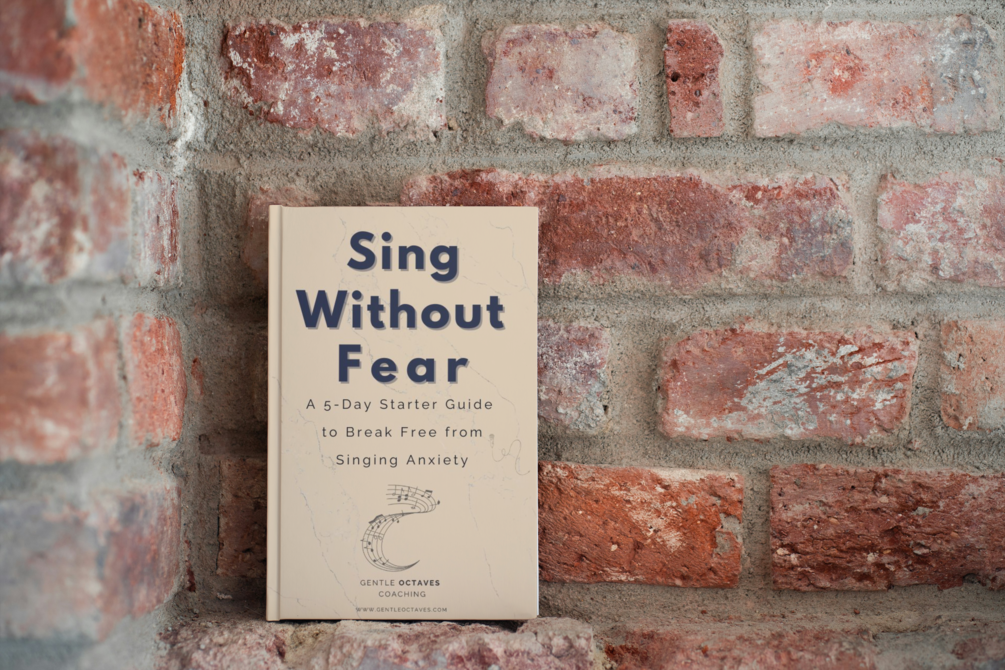
For the Curious:
- Bugos, J. A., Perlstein, W. M., McCrae, C. S., Brophy, T. S., & Bedenbaugh, P. H. (2007). Individualized piano instruction enhances executive functioning and working memory in older adults. Aging & Mental Health, 11(4), 464–471. https://doi.org/10.1080/13607860601086504
- Herholz, S. C., & Zatorre, R. J. (2012). Musical training as a framework for brain plasticity: Behavior, function, and structure. Neuron, 76(3), 486–502. https://doi.org/10.1016/j.neuron.2012.10.011
- Wan, C. Y., & Schlaug, G. (2010). Music making as a tool for promoting brain plasticity across the life span. The Neuroscientist, 16(5), 566–577. https://doi.org/10.1177/1073858410377805
